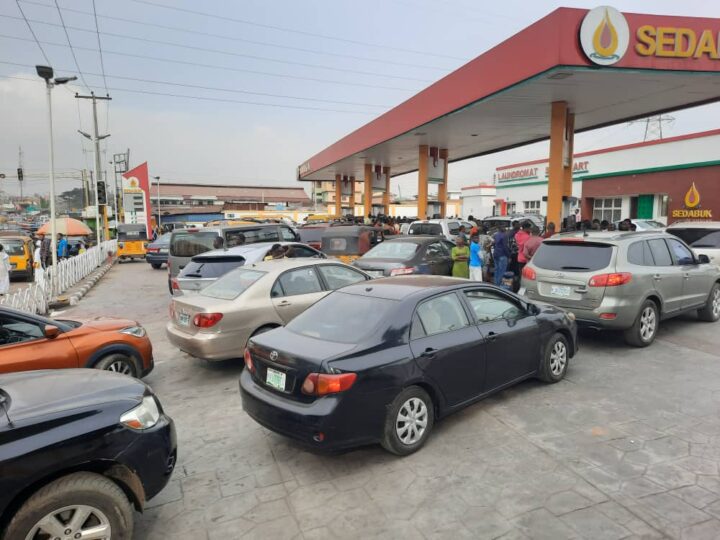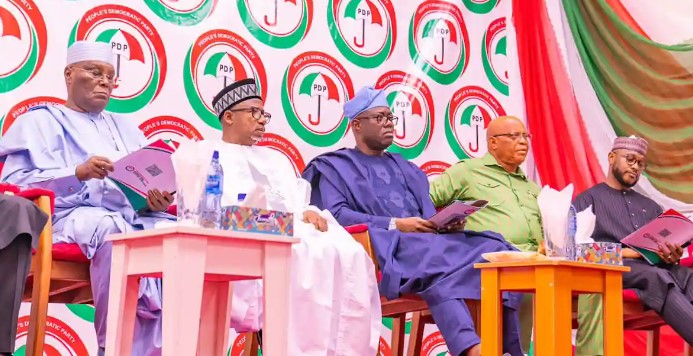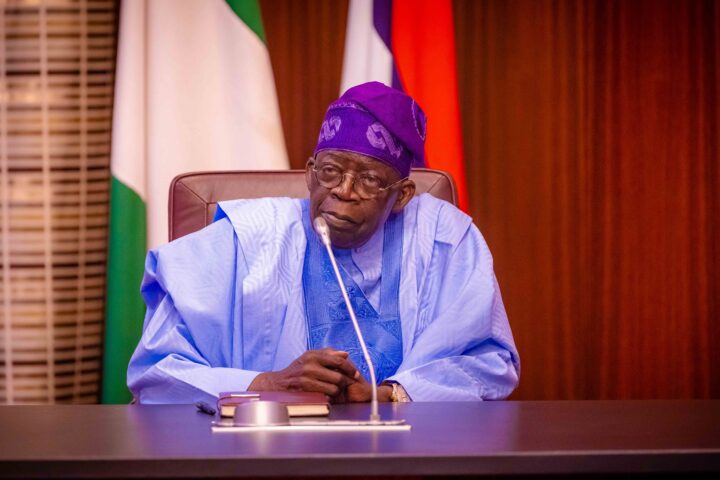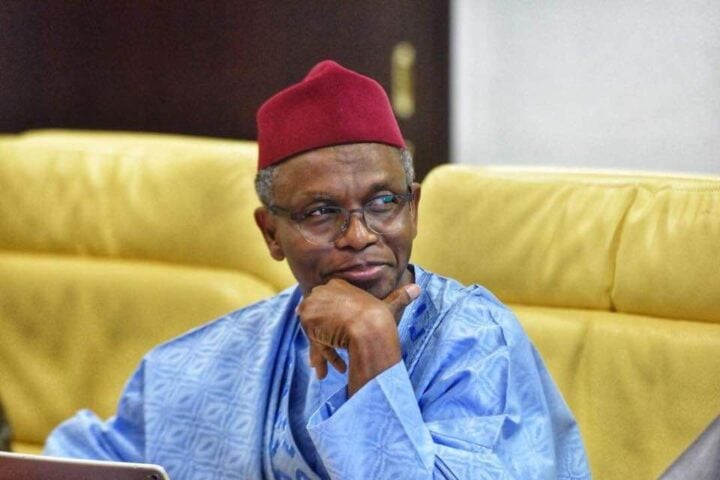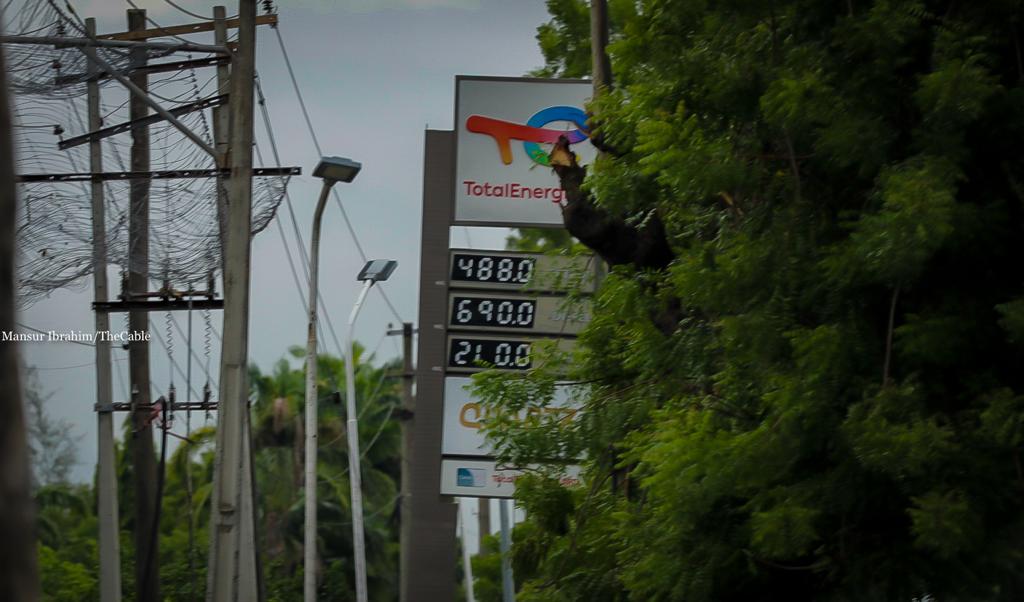In the run-up to the 2023 presidential election, I wrote a piece titled ‘2023 general election and the pleasure of presidential honesty on fuel subsidy’ published on November 30, 2022.
In the said article, I highlighted the fact that none of the major presidential candidates “played games” with Nigerians on the issue of fuel subsidy, and whether it should stay or not. At least the four most popular candidates; (president) – Bola Tinubu of the All Progressives Congress (APC); Atiku Abubakar of the People’s Democratic Party (PDP); Peter Obi of the Labour Party (LP); Musa Kwakwanso of the New Nigeria People’s Party (NNPP), all vowed to remove subsidy on petrol (premium motor spirit – PMS), if voted in as the president and commander-in-chief of armed forces of the Federal Republic of Nigeria.
To the best of my knowledge, very few people, if at all, disagreed with them on the issue as it is an open secret that the target beneficiaries of the scheme (subsidy) never benefited from it. The intended benefits of subsidy payment never cascaded down the social strata to the socio-economically vulnerable in a country where there is no social safety net for the poor. Rather, it only enriches a cabal, comprising people who constitute a minute fraction of the over 200 million Nigerians.
Almost everyone who knows what it means to subsidise a product or service, and has basic knowledge of the oil and gas economy, agrees that it is not sustainable due to the inexplicably high cost, shrouded in opaqueness, and the fact that it has no meaningful impact on the life of an average citizen. So, the questions now lie in, who will remove it? When will it be removed? How will it be removed? What will be the repercussions of the removal? How will it (the aftermath of the removal) be managed? These are some critical questions thrown up by the proposed removal of petrol subsidy. And I, as a matter of common sense, believe that answers to those questions ought to have been provided before the pronouncement by the president.
Advertisement
The group managing director of the Nigerian National Petroleum Corporation Limited, Mele Kyari, said fuel subsidy was never budgeted for in the 2023 appropriation act. He reiterated that in an interview with Seun Okinbaloye on Channels Television’s flagship program, Politics Today, on Thursday, June 1, that “fuel subsidy ended sometime in February 2022, when the Petroleum Industry Act (PIA) was assented to by the then president, Muhammadu Buhari”. He quoted a portion of the act that says, “petrol shall henceforth be sold at a price that is reflective of global market reality”.
To set the record straight, according to the immediate past minister of finance, budget, and national planning, Zainab Ahmed, “in the 2023 appropriation act, provision for fuel subsidy would not go beyond June 2023”. That means, by July 1, everybody should be prepared to pay for fuel, a market-forces-dictated price. This is a classical example of duplicitousness that extinguishes the faith of the citizenry. This is because Nigerians do not know who to believe between Zainab Ahmed and Mele Kyari.
There is no gainsaying the fact that the activities of oil thieves and vandals have not given Nigeria the room to meet her daily OPEC quota. That translates to a reduced earning (in forex) from sales of crude oil. With a reduced daily output of less than two million barrels, the federal government still has to plough whatever proceeds realised from sales of crude oil back into importing refined petrol, to be sold at a price way less than the landing cost. That means someone somewhere, in the shape of the federal government, will have to pay or is paying for whatever shortfall arises therefrom.
Advertisement
What that translates to is that there is little or nothing left to meet certain obligations of the federal government to the citizens. Obligations like the provision of social amenities and payment of public workers’ salaries among others are left unattended. To cut the long story short, there is usually nothing left to invest in infrastructure or save for the rainy days after paying for subsidies, and probably, debt servicing. The foreign reserve is depleted beyond what is expected of a country that is as endowed as Nigeria.
As a matter of consensus, therefore, Nigerians (at least the majority of us) concluded that such an arrangement is not sustainable and has to be done away with. This is more so since the target beneficiaries are not getting the deserved benefits.
Succour came the way of the people of Nigeria, on May 22, 2023, a week before the inauguration of President Bola Tinubu’s administration, when the multi-billion dollar Dangote Refinery and Petrochemical industry located in Ibeju-Lekki, Lagos state, was commissioned by former President Muhammadu Buhari. It has a reported capacity to process 650,000 barrels of crude oil per day. That was widely celebrated by Nigerians both at home and abroad. The general belief among Nigerians is that once the refinery and petrochemical plant begins production, the cost of importation would be out of it. The company will get crude oil locally and pay in local currency. That will significantly reduce the cost of making fuel available, especially the “dollar elements” of it, and by implication, lead to a reduction in the pump price.
Another reason for the optimism about price reduction is the fact that the federal government owns a 20% stake in the refinery and is therefore entitled to being part of the decision-making process as far as pricing is concerned. But the president of the Dangote Group of Companies, Alhaji Aliko Dangote, on the day of the commissioning, stated that refined petroleum products will start coming out of the facility by July ending. That was still about two months away then. That foreclosed any chance of the refinery’s products being a saving grace in the face of the current hike, arising from the unceremonious announcement of total subsidy removal by the president on the day of his inauguration (May 29) shortly after taking his oath of office. President Tinubu, in his inaugural speech, declared that “fuel subsidy is gone”. No sooner had he made the announcement than oil marketers in almost every part of the country shut down, in anticipation of the expected price hike. Now, the entire country is in turmoil as Nigerians least expected that as a “welcome gift” from a president they just elected.
Advertisement
The question is neither about its appropriateness for Tinubu to announce the complete removal of fuel subsidy nor is it about the timing. After all, every Nigerian is aware that the provision for subsidies in the 2023 budget is only for the first half of the year. But the question on the lips of many right-thinking Nigerians, including yours sincerely, is that what arrangement has the president put in place to curtail the tumult that would, expectedly, arise from such an earth-shaking decision? What measure has he put in place to cushion the effects of total removal of subsidy on the citizens; the majority of whom are vulnerable? How widely has he consulted stakeholders before making the announcement? Does he have any crisis-management team in place to manage the national rage toward the May 29 pronouncement? These, and many more, questions are begging for answers.
The federal government has been meeting with the Nigerian Labour Congress (NLC) and the Trade Union Congress (TUC) both of whom issued an ultimatum of seven days for the federal government to reverse the new price or they would embark on an indefinite strike but the meeting that started on Wednesday, May 31, with a view to fashioning out a strategy to manage the situation ended on Monday night with the organised labour suspending it, with a promise to meet again on June 19 as no agreement was reached. It was reported that organised labour requested a ₦200,000 minimum wage, as opposed to the current peanut of ₦30,000 which is even yet to be fully implemented in some states.
That meeting, to me, is like putting the cart before the horse instead of the other way round. It would have been better if the president had met with the organised labour and other stakeholders before the pronouncement. It sounds like someone acted before thinking. I am aware President Tinubu has the momentum of national consensus on the need to do away with the subsidy regime going for him currently but at least, he still has about one month during which subsidy is provided for in the budget to work things out such that it (the announcement) would not cause any socio-economic dislocation in the country. He could have used the window of opportunity offered by that one month to put a team together in an ad-hoc capacity to manage the crisis.
There is definitely going to be a hike in the cost of transportation, something that would have a direct impact on the disposable income of the workers and prices in general. Has there been any public transport scheme to subsidise the cost of daily commuting to and from work by Nigerians? I doubt if there is any.
Advertisement
It would be recalled that Nigerians, until May 29, were buying petrol at rates between ₦195 and ₦240 per litre; depending on your location in the country. It is believed (though erroneously) that even if the subsidy is completely removed once Dangote Refinery comes on stream, the price will not go above the rate of between ₦195 to ₦240. According to a press release by the Nigerian National Petroleum Company (NNPC) Limited, the new price, released on Wednesday, May 31, 2023, the new pump price ranges between ₦488 (for Lagos state) and ₦557 (for Borno and Yobe states), while in a state like Kwara, motorists will be paying ₦515. Trust me, Nigerians are not smiling at the moment, at all, even though Kyari hinted at a strong possibility of the price crashing eventually. Livid is a mild word to describe the mood of a few motorists and commuters I interacted with a couple of days ago on the issue of fuel subsidy removal and its effects on their cost of living.
While I pray that the situation does not degenerate into a social conflagration, capable of consuming the fragile peace and stability of the country. It is my sincere hope that Asiwaju does not bungle this singular opportunity to remove fuel subsidy (through miscalculation), once and for all, in a way that leaves little or no political and socio-economic backlash.
Advertisement
Abubakar writes from Ilorin, Kwara state. He can be reached via 08051388285 or [email protected]
Advertisement
Views expressed by contributors are strictly personal and not of TheCable.

